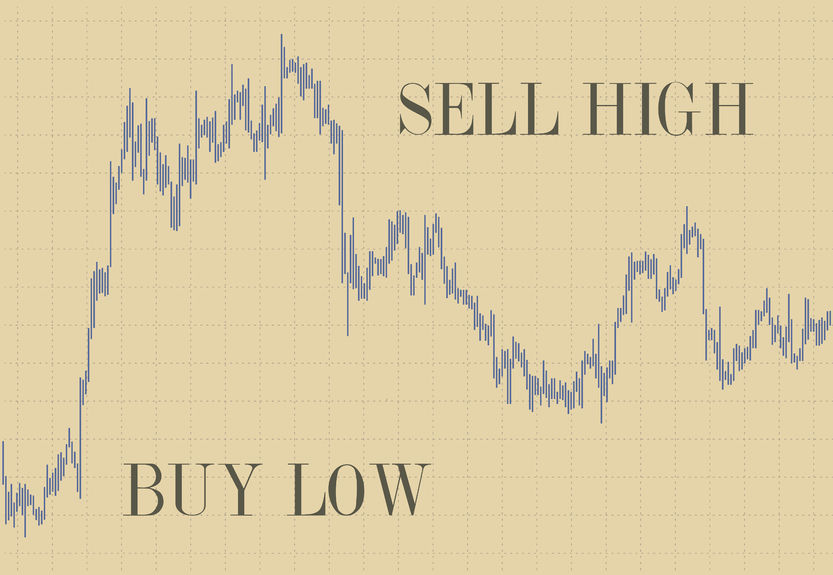
A global study of investor returns by Morningstar Inc. of Chicago has found that mutual fund performance experienced by average Canadian fund investors is worse than that of the funds they hold.
The gap between investor returns and fund performance is largely attributable to the performance-dampening behaviour of investors, such as buying high and selling low. The negative disparity in Canada was the third largest among the seven major fund markets in the study.
When all fund categories are considered, the Morningstar study showed the average Canadian fund gained 8.42% over the five-year period ended Dec. 31, 2016, vs a smaller 7.33% for the average fund investor — a 1.09 percentage point lag for Canadian investors.
Morningstar measured how the average investor fared in specific funds and the impact individual investor behavior can have on outcomes.
During the five-year period ended Dec. 31, 2016, the study found investor’s individual returns across the globe varied from a fund’s stated returns, on average, by a range of -1.4% to 0.53%. It also found that investors achieved better outcomes when using systematic investment programs, which keep investors on track and prevent them from unwise attempts at market timing. Investors in lower-cost funds also generally had better individual outcomes.
The study used Morningstar methodology to measure dollar-weighted returns of funds, incorporating the effect of cash inflows and outflows from purchases and sales, as well as any growth in the funds’ assets.
The gap between investors’ individual returns and that of the funds in which they invest is based on the difference between time-weighted returns and individual’s money-weighted returns. Money-weighted returns reflect the timing and amount of each individual’s purchases and redemptions.
The investor return gap in the U. S. shrunk to 37 basis points annualized over 10 years from 54 basis points for the 10 years ended 2016, indicating that investors are making less harmful market timing calls.
The study drew on Morningstar open-end mutual fund data from Australia, Canada, Hong Kong, Luxembourg, Singapore, South Korea, Taiwan, the United Kingdom, and the United States and calculated average asset-weighted investor returns and average total fund returns. Morningstar also tested four factors and their effect on investor returns: expense ratio, risk, standard deviation, and manager tenure.
“Steady investment contributions to savings plans and automatic rebalancing proved to be key in generating positive investor returns in countries including Australia, South Korea, and the United States,” said Russel Kinnel, chair of Morningstar’s North America ratings committee and editor of Morningstar FundInvestor, in a release.
Investors in Singapore experienced the largest negative investor return gap, at -1.40% per year for the five years ended December 2016. By contrast, investors in Australian superannuation funds benefited from the largest positive investor return gap at 0.53% per year.
When grouped by expense ratio, investor returns declined globally as funds rose in cost, often by more than the difference in cost.
“Our research demonstrates that, when sorted on fees, lower-cost funds produced better investor returns across the board, a trend surfacing in Luxembourg and the United States,” Kinnel said.
Morningstar has approximately 130 manager research analysts worldwide who cover approximately 4,270 funds. The company provides data on approximately 217,000 open-end mutual funds, 11,600 closed-end funds, and 14,100 exchange-traded product listings as of March 31, 2017.
Photo copyright: dalebor/123RF